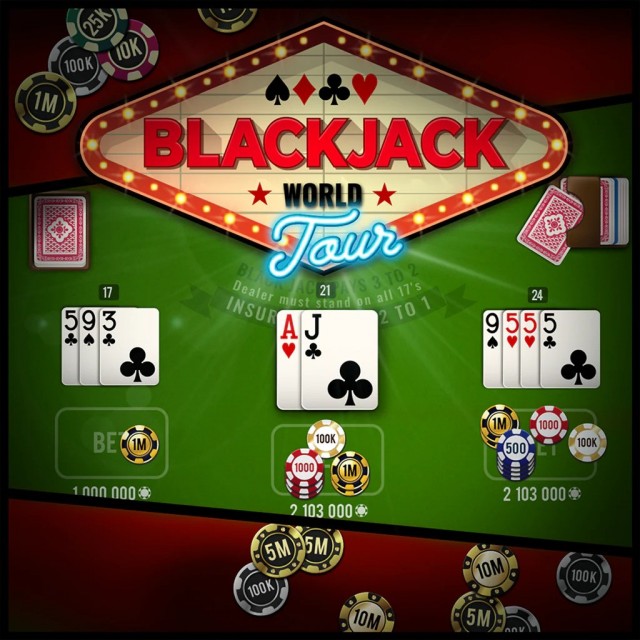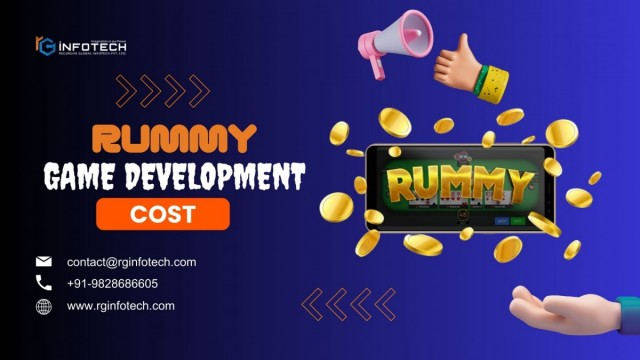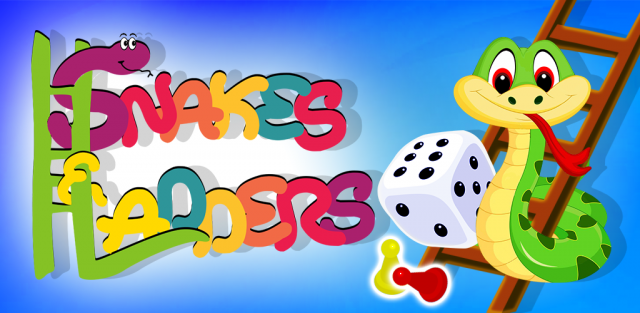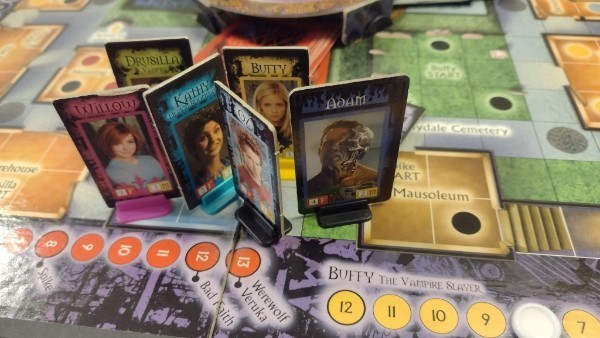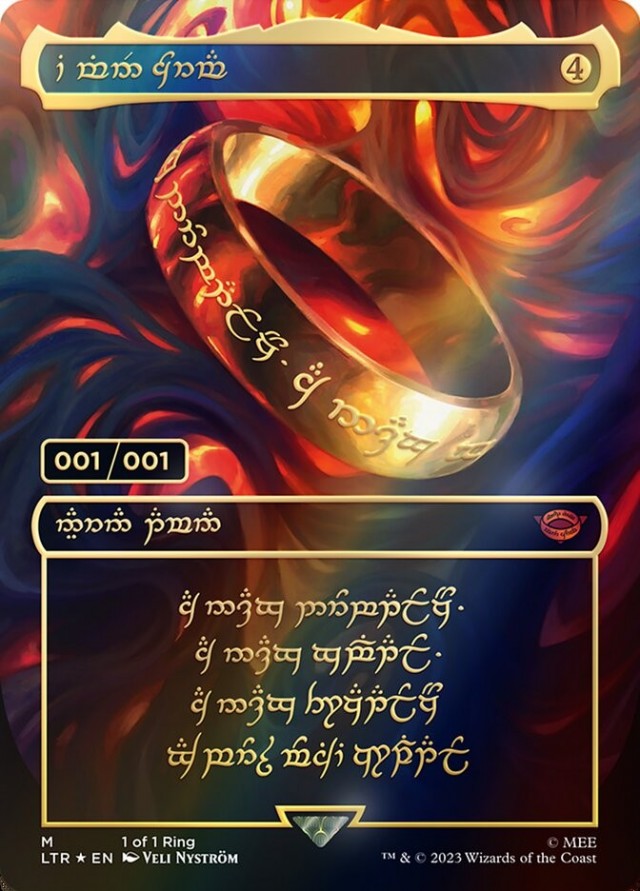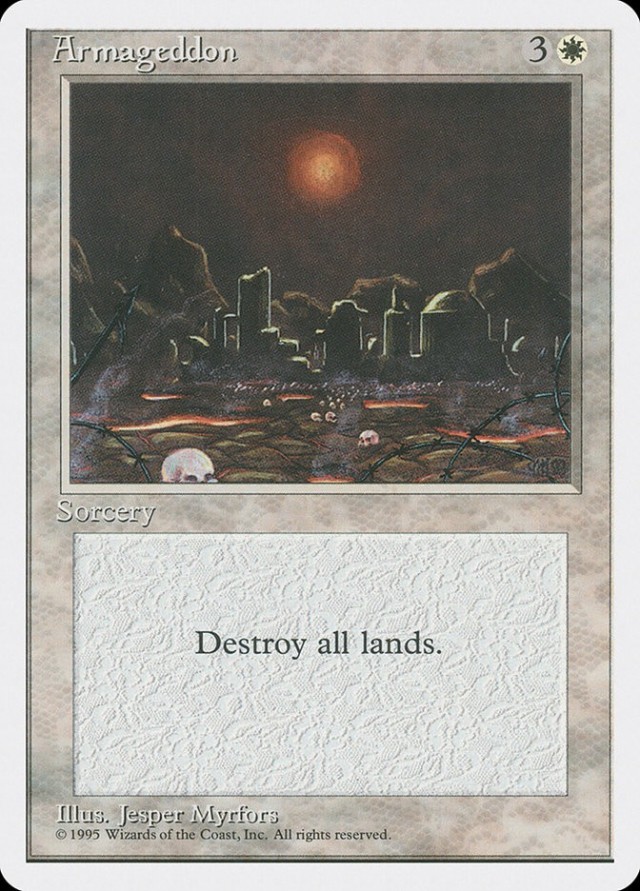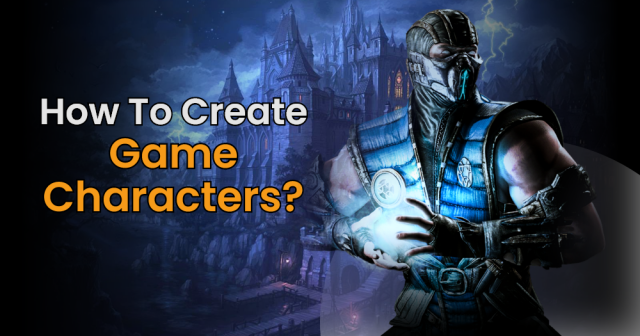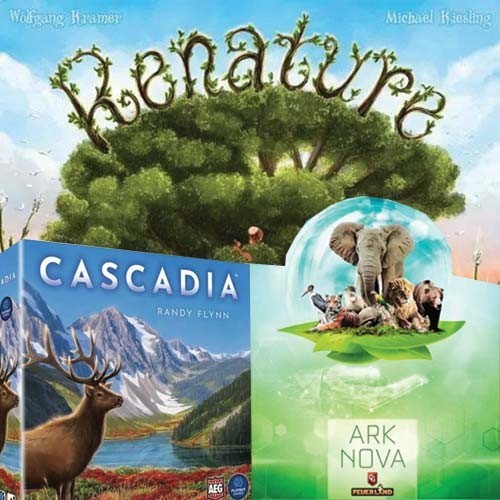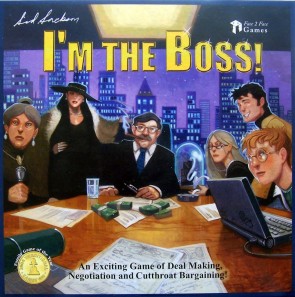Suspicion, art collecting, espionage, and all of civilization itself are asking the big question: Why do I own this?
How did I get this? I'm not much of a convention goer as a rule, but I did get to attend BGG.Con in 2015, and this was one of the giveaways given as people entered the main hall. This is the edition from FRED Distribution, now out of print, and the game has since been released in a new edition.
Why do I still have it? I'm a big fan of High Society's designer, one Reiner Knizia. I own more of his games than anyone else's, and though High Society is not one of my absolute favorites it was small enough to make the cut before we moved overseas.
How is it? There's a nice satirical edge to High Society that I find kind of bracing. It's a game where you need to throw your wealth around, but not too overtly, because the person who spends the most money loses automatically. There's a snooty kind of logic there, and High Society leans into it really well. In practice though I've not had many good games of this one. Part of that is because I haven't played that much. There was just one game of it years before I owned it, and then I've played my own copy maybe two or three times. In all of those games with my own set I've never had a game where the negative tiles come out. These are cards for auction that require you to pay money to not take on negative points, and in theory they provide a lot of mechanical grit to the game. I wouldn't know though, because it hasn't come up much in my own games. The way the endgame goes into effect means that the game can end without those negative cards ever coming into play. That means it's not really the game's fault that I've not yet had a great experience with this one, but in the interest of honesty I should state that this one has so far underwhelmed me. The good news is that I do like it enough to keep trying. Maybe one of these days I'll be in a situation where I actually play the whole thing.
How did I get this? I landed this game in a math trade several years ago. I put it in my list as an afterthought, but I honestly don't remember any of the other games I got. Hoity Toity was probably my winner in that trade. I own the edition released by Uberplay in the mid-2000s.
Why do I still have it? Hoity Toity (or Adel Verpflichtet as it's known in German) was one of the first big games to make the leap across the Atlantic from Germany to the US. It was kind of an underground hit, and even though it greased the wheels for future releases it never became an enormous hit itself, and it hasn't been available in the US for a number of years. I've therefore held on to my own copy, and it's seen a lot of play.
How is it? Designer Klaus Teuber will always be known for Catan, and for good reason. But these days Hoity Toity is the Teuber game I play more often. Part of that is that I've never really played anything else like it. It's like playing numerous, multi-layered games of Rock Paper Scissors. I'm a big fan of bluffing and double-guessing, which is basically all this game is, and so I'm inclined to get it to the table frequently. It's also not a game that people realize exists, and so it feels fresh to most groups. Like High Society it has a snarky bit of commentary on the upper crust, as players take on the role of socialites who are willing to employ criminals to make sure their collections are complete. This is a really fun game, especially after some experience and with a full table of six players. Even after nearly 30 years, there's something bracing about a game where there are functionally no turns. I have often reflected at how alien a concept that is to how games normally function. Hoity Toity will never be considered Teuber's finest work, but it deserves to be held up as onw of the classics of German gaming.
Homeland: The Game
How did I get this? In a perhaps inadvisable move, I tracked down a used copy of Homeland after a really great session of it at a local store. This was right in the midst of a mass culling before moving to the Philippines. One of the hardest casualties was Battlestar Galactica, a once dearly-loved game that I never played. Homeland was brought in as a shorter replacement.
Why do I still have it? If I'm honest, mostly because of an inability to move on. I like the game a lot, but my own game with my own copy did not mesh with the group at all and was a resounding failure. It's harder to get rid of now than it is to keep it.
How is it? I think Homeland is a very good game, in spite of never watching the show, so I'm always a little frustrated that the game's quality isn't obvious to everyone. Granted, games about terrorist cells and political operatives can feel kind of icky, and there are some uncomfortable moments in Homeland where the players are made to take advantage of real human misery to advance personal goals, or to plant evidence to get the desired outcome. That's a very cynical outlook on what is already kind of a dark topic, so I can see the distaste. But man, this is a very good game. There's such a great sense of duplicity here, and a deep sense of pressure as plots move closer and closer to completion. I really like that, and I really like how the game takes the more cynical viewpoint, rather than one that could be more overtly "patriotic." It's a master class in how to adapt a property without drowning it in mechanical cruft, and I can say that because even though I've never seen the show I get what the game is saying. It's a shame the game has been as hard a sell as it had been. It does make me wonder about the limits of the "suspicion" genre of games, since they always seem to run out of steam after repeated play, either as strategies become degenerate or they just stop surprising the player. Anyway, Homeland is good. Please play it with me.
I'm The Boss
How did I get it? Another pre-move pickup, I'm The Boss was a contribution from an online friend whom I guess was just trying to make space, because I got it for free. I'm The Boss holds the distinction of being one of those games my wife played before meeting me, and she always spoke very highly of it. It wasn't available for a long time, so I was excited to get a copy of it for myself.
Why do I still have it? For reasons I'll elaborate on in a bit, I'm The Boss is a more approachable negotiation game than the genre usually gives us. As a result this has been something of a standby for me, when I'm inclined to haggle over stuff.
How is it? Acquire will rightly always be considered Sid Sackson's magnum opus, but in terms of Sackson designs, I'm The Boss is much more my style. That's mostly because of its approach to negotiation. I'm a pretty outgoing guy, but I am not much good at negotiation games, because I just have a hard time seeing transactional dynamics in relationships and when they have been transgressed. A lot of negotiation games (like Intrigue of Diplomacy) are basically luck-free, which strikes me as a very disingenous way to approach negotiation. Nothing is ever so clean as to be free of luck, and I'm The Boss understands that not everyone is able to function in a purely negotiation-based environment. It therefore provides a ton of take-that cards that can throw the whole game out of whack. This can make the game a little wacky for some people, but it reminds me most of all of Cosmic Encounter, big swings and temporary deals thrown off by the play of a single card. I find that kind of thing thrilling, and I'm The Boss does it so well. And yet again, it's another game with a rather cynical view of the upper class and their intrigues. Sometimes the smartest guy in the room doesn't win. Sometimes you just get lucky. This is still a fairly volatile game, and I have seen it not work as well in groups that aren't comfortable with jerking each other around. But the cardplay does at least allow people who aren't talkers to feel like they have a shot, and so this remains one of my favorite negotiation games ever.
Innovation
How did I get it? Every now and then I play a game and immediately realized I have to own it myself. My first game of Innovation was with four players (a particularly volatile experience) and one player lost their whole tableau to the nuclear weapons card late in the game. He was ready to quit then and there, but I was entranced. I bought the original game and its first two expansions, Echoes of the Past and Figures in the Sand.
Why do I still have it? It takes a special kind of person to really understand why Innovation is so fun, or at least that's what I tell myself because I happen to like it so much. That said I've not had an opponent readily available for a while, and I'm still one of the only people I know who actually likes this game with more than two people, when it becomes particularly unstable. I don't play nearly as often as I would like, but it remains a bracing experience on the rare occasions when I get it to the table. This one is on my forever shelf.
How is it? Innovation has perhaps the most innovative (I know, I know) approach to civilization games that I've yet seen. Here the swing of history doesn't revolve around armies or individuals, but around the power of ideas. Ideology, inventions, and movements are what shape us, and what can be truly destabilizing for the world as we know it. Innovation captures this perfectly, and the first expansion, Echoes in the Sand, doubles down on it by emphasizing how all ideas pull from those of the past. The second expansion, Figures in the Sand, pulls a little bit more into "great man" theory for my tastes, but the base game and first expansion are to me a powerful thematic statement on what has driven humanity. Besides that Innovation is completely bananas. Every card feels essentially broken, and even early in the game cards are constantly destabilizing the experience. I find this kind of thing exciting, which is why I appreciate both the truly insanely powerful cards, and the high player count where there are more card effects in play. The game is deeply abstract in some ways still, such that a lot of cards don't have any obvious connection with their title. But the brilliance of Innovation is not in its specifics, but in its broad sweep. It's also a game that rewards those who can improvise a quick solution without worrying about the whole thing being thrown off. If there's one certainty in life, it's that no situation is stable forever. Like in history, those who can't adapt are doomed to be left behind.
Next week: A big dose of Tolkien, Tokyo, and another game I've never played.
 Games
Games How to resolve AdBlock issue?
How to resolve AdBlock issue? 